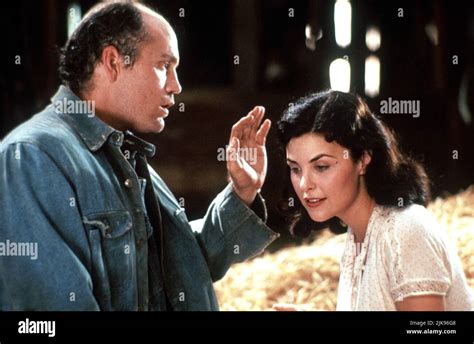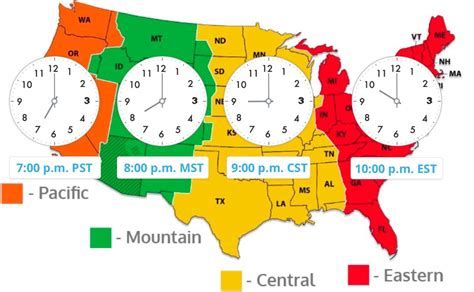Lennie Of Mice And Men

The character of Lennie Small in John Steinbeck's novella, "Of Mice and Men", is a pivotal element in the narrative, serving as a symbol of the American Dream and the devastating consequences of its unattainability. Lennie, a giant of a man with incredible physical strength, is also childlike, innocent, and vulnerable, which makes him both a powerful and a tragic figure. His relationship with George Milton, his smaller but more intelligent friend, forms the core of the story, as they navigate the hardships of the Great Depression in search of a better life.
Lennie's character is multifaceted, reflecting both the brutality and the gentleness that can exist within human nature. His obsession with soft things, such as rabbits, which he dreams of raising on the farm he and George plan to own one day, underscores his deep-seated desire for comfort and companionship. This desire, however, is often at odds with his physical strength, which he cannot fully control, leading to unintentional harm to those around him, including animals and, ultimately, Curley's wife.
Character Analysis and Psychological Insight

Steinbeck’s portrayal of Lennie invites a deep psychological analysis, particularly in terms of his intellectual disability and its impact on his interactions and decisions. Lennie’s dependence on George for guidance and protection highlights the importance of human connection in a world that seems determined to crush the vulnerable. Their dream of owning a farm, where Lennie can tend to his beloved rabbits, symbolizes a longing for a peaceful and secure life, far removed from the hardships and uncertainties of their current existence.
The dynamic between Lennie and George also raises questions about responsibility, loyalty, and the moral obligations that come with caring for someone as vulnerable as Lennie. George's role as Lennie's caretaker is both a burden and a source of purpose, illustrating the complexities of human relationships and the sacrifices that must be made for those we care about. This relationship is tested throughout the novel, particularly in the face of the tragic events that unfold, forcing George to make an impossible choice that will haunt him forever.
Social Commentary and Historical Context
“Of Mice and Men” is not just a story about two migrant workers; it is also a scathing critique of the social and economic conditions of the time. Steinbeck uses Lennie’s character to highlight the plight of the marginalized and the powerless, those who are often crushed by the very systems that are supposed to protect them. The novella is set during the Great Depression, a period of immense economic hardship and social upheaval in the United States, where the American Dream seemed further away than ever for many Americans.
The character of Lennie, with his simple, childlike understanding of the world and his unwavering commitment to George and their dream, serves as a powerful symbol of the enduring human spirit. Despite the overwhelming odds against them, Lennie and George hold on to their dream, exemplifying the resilience and hope that define the human condition. However, the tragic ending of the novel, which sees the destruction of their dream and the ultimate sacrifice George must make for Lennie, serves as a stark reminder of the harsh realities of life and the fragility of human existence.
| Character Traits | Description |
|---|---|
| Physical Strength | Lennie possesses incredible physical power, which is both a blessing and a curse. |
| Childlike Innocence | Despite his size and strength, Lennie has a childlike innocence and vulnerability. |
| Loyalty | Lennie's loyalty to George is unwavering, reflecting the deep bond between the two characters. |
| Dreams and Desires | Lennie's dreams of owning a farm and raising rabbits symbolize his desire for comfort, security, and companionship. |

Key Points
- Lennie's character in "Of Mice and Men" represents a complex blend of physical strength and childlike vulnerability.
- The relationship between Lennie and George is central to the novel, highlighting themes of loyalty, responsibility, and the American Dream.
- Steinbeck uses Lennie's character to critique the social and economic conditions of the Great Depression era, emphasizing the struggles of the marginalized and the powerless.
- The tragic ending of the novel serves as a commentary on the harsh realities of life and the fragility of human existence.
- Lennie's story invites a deep psychological analysis, particularly in terms of his intellectual disability and its impact on his interactions and decisions.
The analysis of Lennie's character in "Of Mice and Men" offers a rich tapestry of themes, motifs, and psychological insights, making him one of the most compelling and enduring figures in American literature. His story, intertwined with the broader social commentary of the novella, continues to resonate with readers, prompting reflections on the human condition, the importance of empathy, and the unyielding pursuit of dreams in the face of overwhelming adversity.
What is the significance of Lennie’s obsession with soft things in “Of Mice and Men”?
+Lennie’s obsession with soft things, such as rabbits, symbolizes his deep-seated desire for comfort, security, and companionship. It underscores his childlike nature and his longing for a peaceful life, away from the hardships of his current existence.
How does Steinbeck use Lennie’s character to comment on the social conditions of the Great Depression?
+Through Lennie’s character, Steinbeck critiques the social and economic conditions of the Great Depression era, highlighting the struggles of the marginalized and the powerless. Lennie’s vulnerability and dependence on George for protection underscore the need for a more compassionate society and the importance of human connection in a world that seems determined to crush the vulnerable.
What message does the tragic ending of “Of Mice and Men” convey?
+The tragic ending of the novel serves as a stark reminder of the harsh realities of life and the fragility of human existence. It underscores the devastating consequences of the destruction of dreams and the unattainability of the American Dream for many, particularly during the Great Depression. The ending prompts reflections on the importance of empathy, the power of human relationships, and the resilience of the human spirit in the face of overwhelming adversity.



